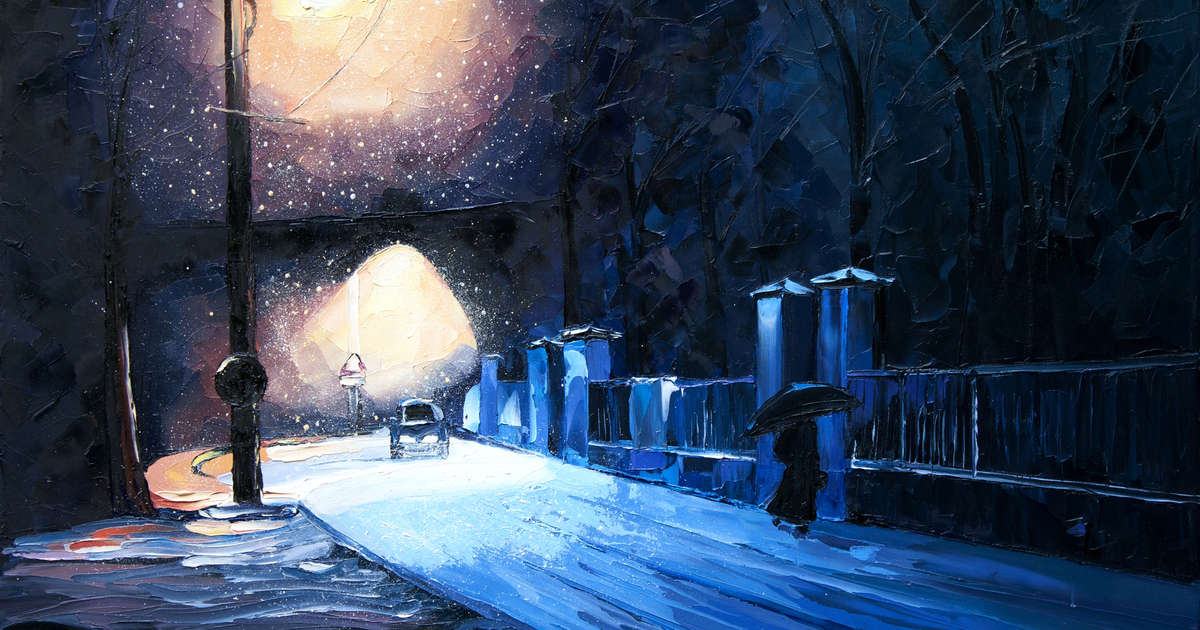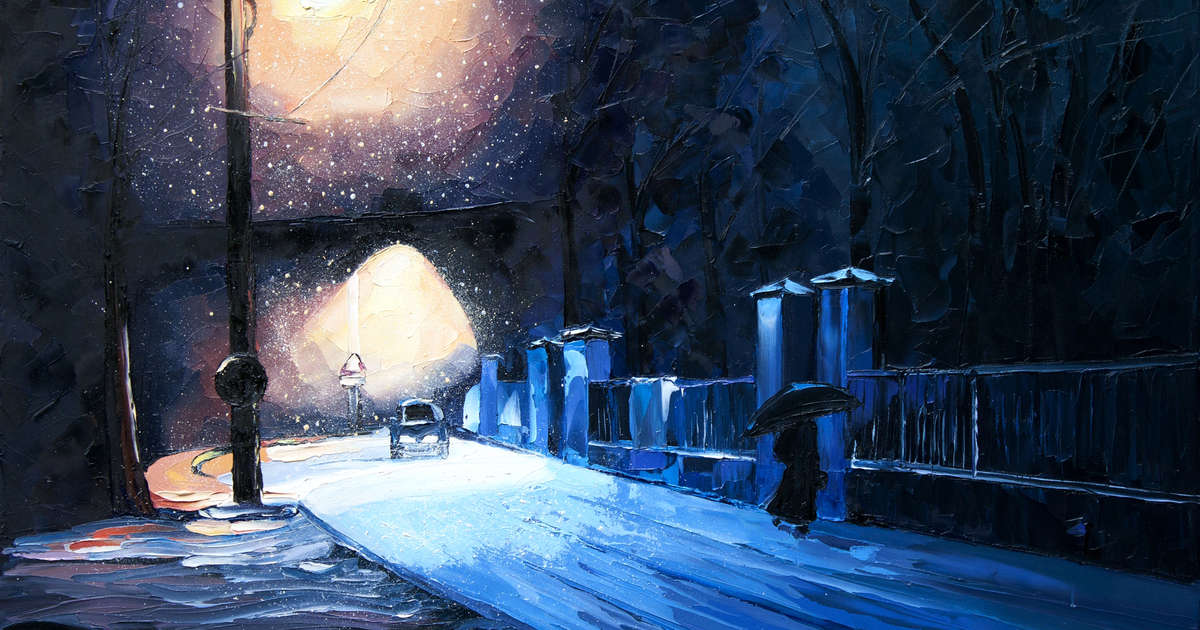
When the lights dim and hotel guests settle down for the night, a different reality often emerges for female workers. For many women – especially shift workers – fewer daylight hours brought about by winter can increase risk of harassment, intimidation, or violence.
Despite being an industry defined by warmth and welcome, hospitality still faces a hidden crisis: violence against women and girls (VAWG). This challenge must be confronted with urgency and compassion.
Violence against women and girls (VAWG) is any form of violence disproportionately perpetrated by men against women and girls. Deeply linked to women’s inequality, it can encompass harassment, assault and discrimination.
In hotels, VAWG can take many forms, including assault of staff by guests, abuse from colleagues, increased safety risks during night shifts, and other vulnerabilities.
While many aspects of working in hospitality can affect women and contribute to higher VAWG risks, the end of daylight-saving time – when the clocks go back – means women are required to adjust their routines quietly, navigating darker mornings and evenings when travelling to and from work.
Research from the UK Statistics Authority suggests that 82% of women feel unsafe in public spaces after dark. This risk often becomes more pronounced in the night-time economy, particularly in hospitality settings such as hotels, bars, and restaurants.
London-based security provider, Mitie, found that nearly three-quarters of people change their behaviour once the clocks go back.
One in five people feel their employers should do more to keep them safe. And, at Soroptimists, we recognise that while winter affects all, it poses unique risks to women’s safety.
Hotels and other hospitality venues play a crucial role in recognising and addressing seasonal disparities when it comes to their duty of care for women. Especially as hotel employees are particularly vulnerable to VAWG due to close interactions with guests, isolated work conditions, and long shifts.
Beyond the human cost, there’s an economic impact too – by undermining women’s safety, workforce morale and staff retention decrease, potentially narrowing the pool of talent available during recruitment.
The Situation
Travelling to and from work can be daunting for many women, full stop. For those in the hotel industry, it often means one of two scenarios: journeying to a remote location with poor transport links and dimly lit car parks, or navigating a busy city centre after dark, where drunken behaviour and harassment can feel unavoidable.
In both cases, safety concerns are real. Remote sites leave staff isolated with limited options for getting home safely, while city-centre venues may mean a 20-minute walk alone through crowded streets or down dark alleyways.
Research by UN Women UK shows that 71% of women have experienced sexual harassment in public spaces. Similarly, findings from the British Transport Police reveal that more than one in three women have been victims of sexual harassment or sexual offences while commuting to or from work.
Women are also more likely to experience workplace harassment, bullying, and discrimination. The consequences can be far-reaching, contributing to mental health issues such as anxiety and depression, as well as hindering long-term career progression. For some, the lack of safety at work prompts them to leave their positions entirely.
Safety concerns can increase not only due to darker nights, but also because hospitality staff are stretched to their limits during award and party season.
Winter is busy – and often understaffed. Hotels often rely on agency or seasonal staff who may lack important safeguarding or VAWG training. Reduced vigilance, combined with higher guest volumes, creates conditions where incidents can go unnoticed.
Employers need to recognise these seasonal challenges to foster inclusivity, protect wellbeing, and enable all hospitality staff to participate safely and equally year-round.
How Employers Can Help
Soroptimists are urging the hospitality industry to implement Gender Impact Assessments (GIAs) to examine how darker nights and seasonal shift patterns affect both staff and guests.
It might sound like bureaucratic jargon, but at its core, it’s simply about asking, “Is this process fair for everyone – men and women alike?”
In winter, a GIA can identify gaps that leave women vulnerable to unwanted attention or unsafe situations when alone at night. It can highlight shortcomings in processes such as closing procedures, lighting, and transport arrangements to ensure staff can travel home safely.
This process can begin with a survey aimed at staff, and guests, to ask about their experiences and feedback on the ways they could feel safer.
Using this as a foundation, employers can create an action plan with practical steps, well-defined procedures, and collaborative partnerships that deliver tangible improvements in your venue.
Top Tips for Hotels
Here’s a few ways a GIA can help ensure a balanced overview to support all workers:
- Surveillance and security: Assess lighting, CCTV coverage, and visibility on surrounding streets, car parks and exits after dark. Check whether female staff and customers must walk through poorly lit or isolated areas and try to mitigate this.
- Staff rotas and closing procedures: Review shift patterns, decrease lone working and ensure staff can access reliable transport home.
- Clear harassment reporting protocols: Ensure staff are trained and know who to contact immediately. Introduce security involvement – introduce panic buttons or alarm systems for anyone working alone late at night.
- Local taxi company partnership: Partner with a trusted local taxi company and help guarantee safe, reliable transport is accessible to all staff and customers.
- Experiment with new initiatives: Encourage employees who commute similar routes to travel together or trial a dedicated hotline for housekeeping, front desk or bar staff to report harassment anonymously at any time.
- Campaigning for Purple Flag status: This accreditation from the Association of Town and City Management is given for excellence in managing the evening and nighttime economy in your town or city. As a venue, you can look into advocating for Purple Flag status by contacting your local authority.
By reviewing this information, you can ensure, as an employer, you are inclusive and prioritise women’s safety fully.
Impact assessments aren’t limited to seasonal changes – this is just one example. GIAs can be applied to evaluate a wide range of factors affecting staff and guests.
Be The Change
Organisations that embed GIAs tend to strengthen team cohesion, improve employee retention, and enhance innovation by cultivating equitable, future-ready work environments.
Hospitality venues can make winter safer and more inclusive for women. By addressing seasonal challenges proactively, they not only protect staff and guests but also foster a lasting culture of safety and respect.
If you’d like to learn more about implementing a GIA into your venue, contact your local Soroptimists’ club for guidance and support: https://sigbi.org/club-finder/
Please visit:
Our Sponsor
